Precision OS virtual reality training partners with the Mayo Clinic and several other US and Canadian residency programs
Published · Updated
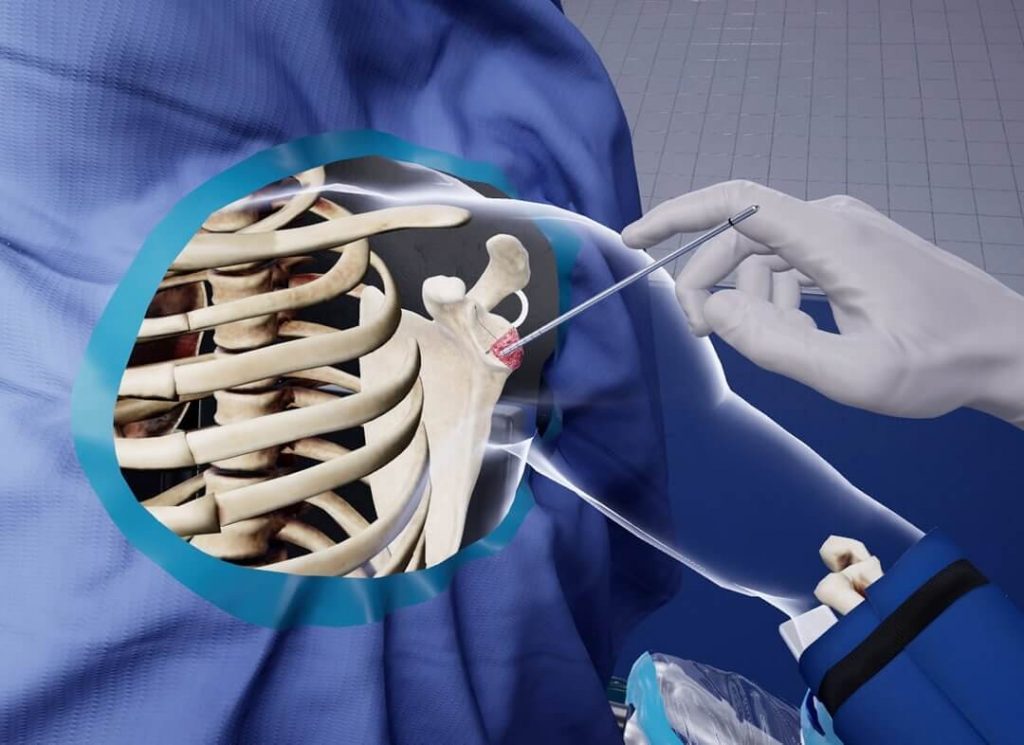
VRARA member and orthopedic surgeon, Dr. Danny Goel, shares some exciting news for Precision OS.
Just announced today, several hundred surgeon trainees at 10 medical institutions in the United States and Canada will now get to experience Precision OS virtual reality surgical training first hand in their residency programs. Precision OS will be used for orthopedic surgery training at:
- The Mayo Clinic
- The University of British Columbia
- The Sunnybrook Hospital at the University of Toronto
- The Pan Am Clinic Foundation
- Western University
- McGill University
- Dalhousie University
- The Boston Shoulder Institute
- The University of Mississippi Medical Center.
The Precision OS team are also collaborating with John Costouros, MD FACS, an orthopedic surgeon and Assistant Professor at Stanford University, to trial virtual reality in training soon-to-be graduating surgeons.
This will be the first time that this quality of high-fidelity and immersive VR technology will be used for such intensive surgical training.
Virtual reality has the potential to positively impact and advance the way surgery residents are trained by offering more frequent and in-depth operating room experience. We are looking forward to exploring this technology and introducing the Precision OS platform to our residents and fellows.
Joaquin Sanchez-Sotelo, M.D., Ph.D.
Professor in the Department of Orthopedic Surgery at the Mayo Clinic
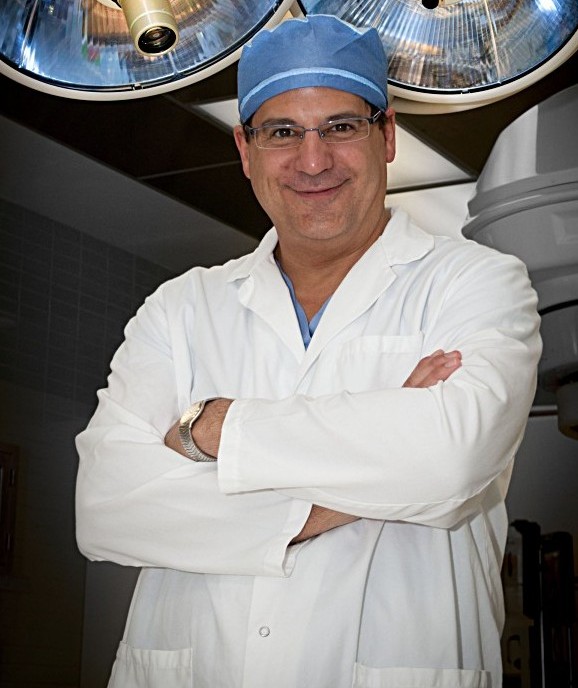
Virtual Reality Surgical Training with Precision OS
Precision OS envisions a future where surgeon trainees (residents) everywhere can receive the highest quality orthopedic training with real-time feedback, augmenting the cadaveric experience. To get there, they’re using the power of virtual reality technology.
Virtual reality offers unparalleled surgical immersion unimpeded by real-world circumstances and without the risk of harming patients. The Precision OS platform simulates operating room experiences, from the virtual tools used to the patient anatomy. This is reinforced with user-specific metric feedback collectively to empower surgeon trainees to reach peak performance through repeated practice and personalized learning.
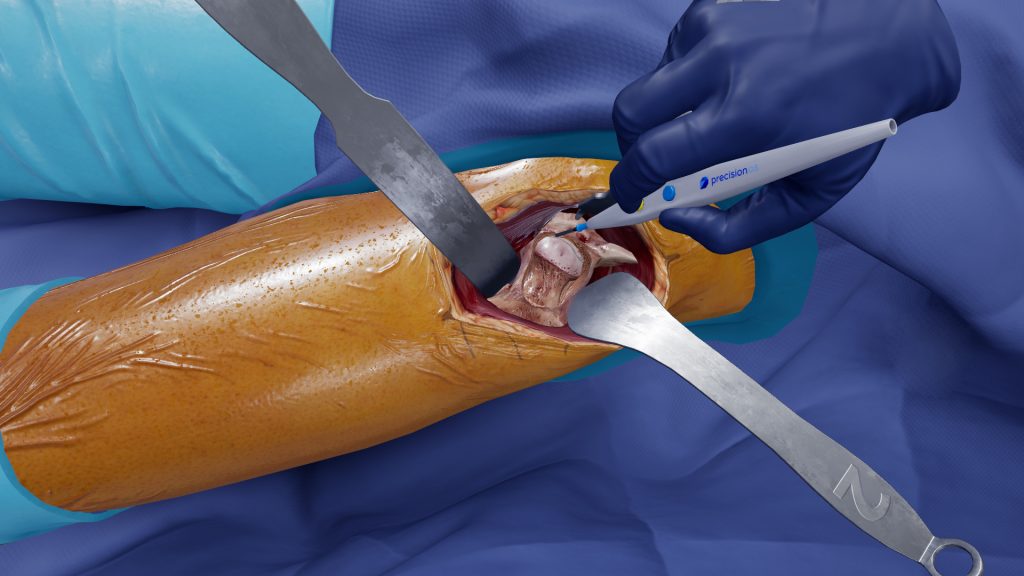
Unique to the Precision OS system is the breadth and depth of their training modules. Residents can practice a procedure under a variety of changing conditions, to ensure they are prepared with the skills needed to navigate potential complications in real surgery. Conditions such as arthritis and age can change the standard of procedure for surgeries involving implants. While it is not a guarantee that a resident will be exposed to such surgical experiences in a traditional training program, with virtual reality it is.
The Precision OS VR platform offers surgeon trainees the opportunity to gain more operating room experience than they typically would in a traditional medical residency. From minor complications to critical mistakes, residents can experience surgery up close simply by putting on a headset.
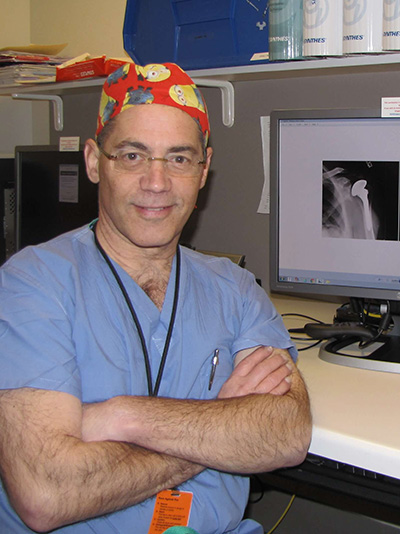
The next generation of surgeons will have to learn advanced skills and decision-making with limited time for their training. Virtual reality offers an impactful way to create value by improving surgical skill and reducing errors. Precision OS will deliver value to all stakeholders in healthcare: educators, industry, hospitals, insurers, and patients. The timing of such a technology could not be more perfect!
Jon J.P. Warner, M.D.
Founder of the Boston Shoulder Institute, New England Shoulder and Elbow Society, The Codman Shoulder Society, and a past president of American Shoulder and Elbow Surgeons
Precision OS offers an enhanced learning environment for orthopedic trainees by increasing access to surgical practice. By way of a headset and handheld sensors, residents can step into the operating theatre any time from anywhere. This increases practice volume and improves surgical skill outcomes in case-based scenarios.
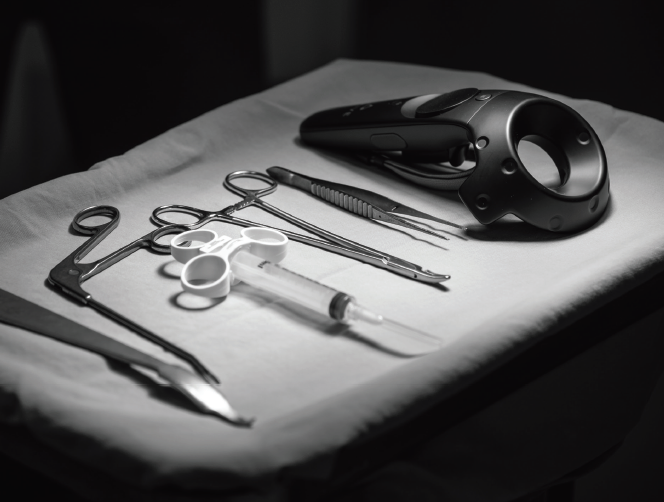
And each time a resident begins a Precision OS training module they are immersed in a life-like surgical experience. The virtual patient is responsive to successes and errors in a procedure, thereby allowing trainees to learn from their mistakes. This simulated environment is a critical difference between VR and traditional surgical training, as mistakes are not permitted in real surgery to prevent causing harm to patients. But it is precisely this opportunity for error that demands heightened attention and focus from trainees and creates a more active, effective, and impactful surgical learning experience. This is what makes Precision OS unique.
During and following a procedure, residents are provided with detailed performance metrics so they can assess their surgical skills in real-time and identify areas of improvement. This immediate feedback facilitates tangible performance improvements and increases surgical precision quickly.

This is only the beginning of what may be a complete disruption of how we learn and train surgeons. To be at the cutting edge of introducing this technology, with a focus on demonstrating its value, is a social responsibility for us at Precision OS. Virtual reality is an exciting and innovative area of technology that can influence surgeons and their patients around the world.
Danny Goel, M.D.
CEO and Co-Founder of Precision OS, and an orthopedic surgeon at the University of British Columbia
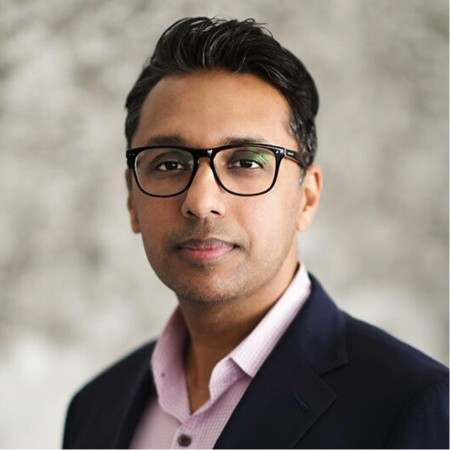
Leaders in Virtual Reality Surgical Training
Precision OS is leading the way for innovation in orthopedic surgical training and the international medical community is taking note. Last year, Precision OS secured $2.3M in funding led by AO Invest, the venture capital arm of Swiss orthopedic education and research organization, the AO Foundation.
The company has also been nominated for the Technology Impact Awards and was a semi-finalist at the Orthopedic Research Society.
Read more on Precision OS from healthiAR:
For more information, visit www.precisionostech.com.
Content for this article was sourced from the official press release.


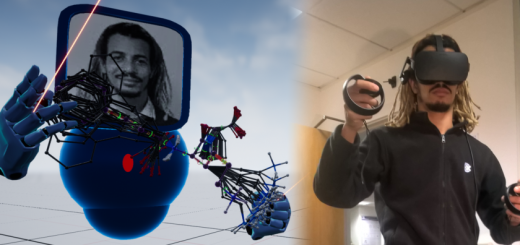
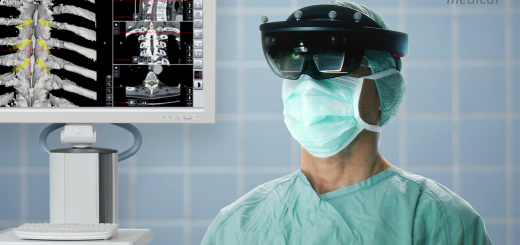
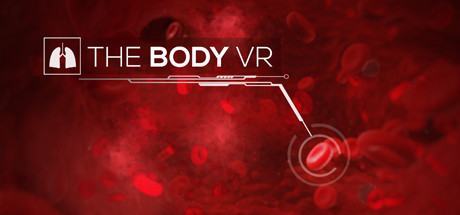
What do you think?
You are the first to add a thought